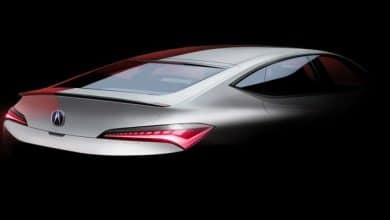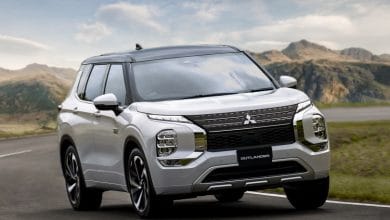Charging electric vehicles by wireless induction, Ford files a patent

Charging electric vehicles is an irritant for many motorists. Longer and often more complex to plan than filling up at a service station, recharging is a major obstacle in the purchase of a green car. Ford intends to tackle this problem. Indeed, the company filed a patent application in 2022 to develop a wireless charging system that could improve the electric driving experience.
By induction
The patent is called “Roadway Charging Coil Alignment and Monitoring”. According to early mock-up images, Ford’s system looks a bit like a wireless smartphone charger. Its operation is based on induction, commonly referred to as wireless energy transmission.

This solution is only possible if the device has the capacity to receive an electromagnetic wave. This wave must be captured at a very short distance to work well. Ford’s electric vehicles will therefore have to be equipped in this way to be able to pocket the waves coming from an induction charger. Additionally, Ford’s patent states that vehicles could be recharged on the move, suggesting that the road surface would be transformed into a charger for some length.
The driver looking to recharge will then have to perfectly align the battery of his vehicle with the charging components on the road surface. To solve this problem, the patent unveils a radar and a series of sensors that would automatically align the automobile for the system to work. Ford does not stipulate the charging time or capacity of this new technology.
Genesis also wants to develop it
Induction is, according to many experts, the future in car charging. Genesis also presented more than a year ago its intention to develop a wireless charging solution for the GV60. At the latter’s launch, the company showed a prototype in action that appeared to be able to refuel without a cable. For now, it’s only for the South Korean market, but the company hasn’t been shy about announcing that its goal is to make the system available elsewhere.

Also according to mobility experts, the use of wireless charging would be beneficial for improving technology, but also for the environment. Indeed, these experts stipulate that the modernization of the structure would allow manufacturers to produce smaller batteries since they will be more easily rechargeable. It would therefore not be surprising to see this technology evolve further in the coming years.
It is not known if Ford will incorporate this innovation into its EVs. Nevertheless, the filing of the patent proves that the company is seriously studying this avenue to improve the charging of electric vehicles.












